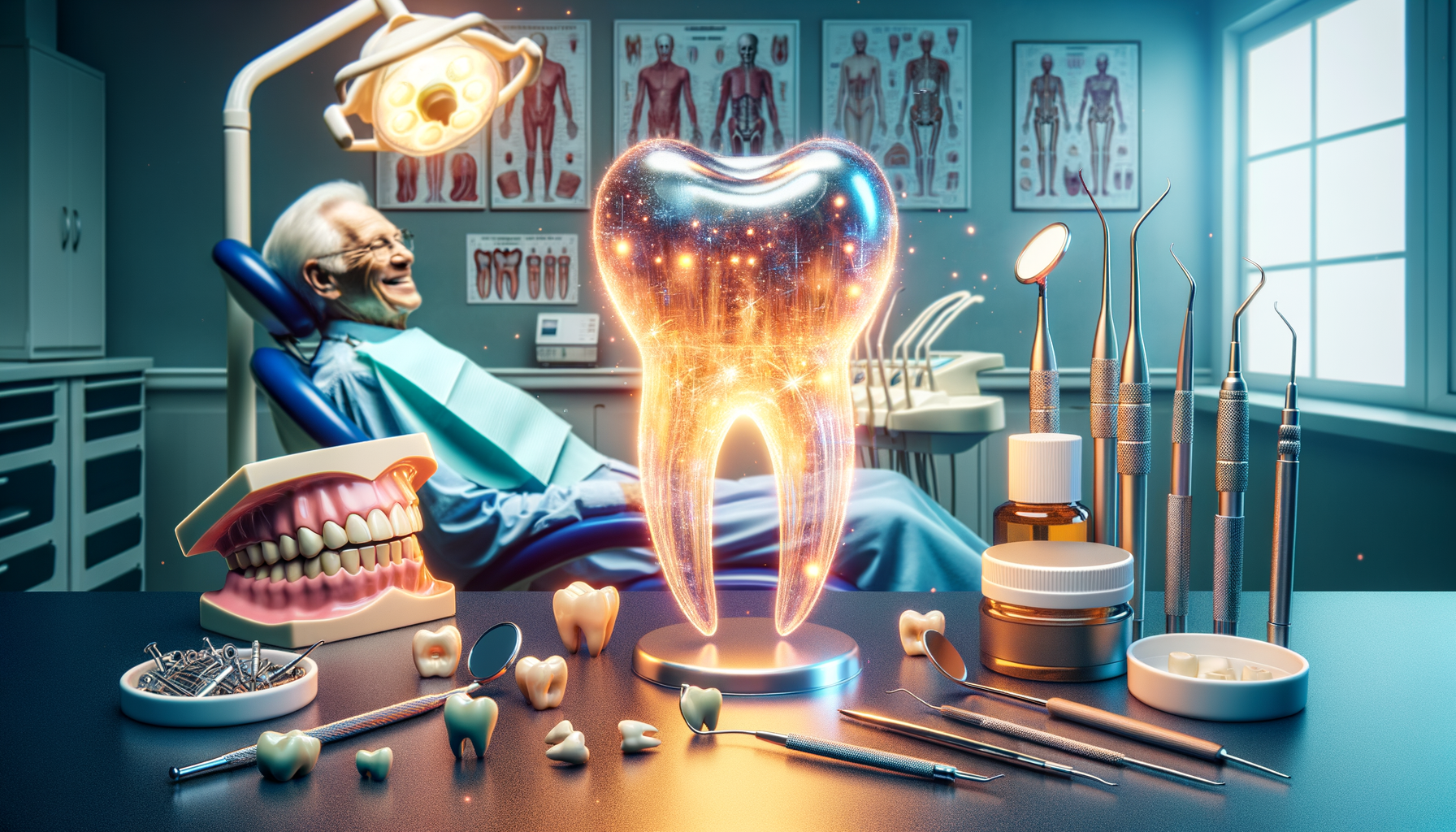
How to Find the Right Dentist for Older Adults
Understanding the Unique Dental Needs of Seniors
As we age, our dental needs evolve, requiring specialized attention and care. Older adults face a variety of oral health challenges, including gum disease, tooth decay, and tooth loss. Additionally, many seniors have medical conditions such as diabetes and osteoporosis, which can further complicate their dental health. Understanding these unique needs is crucial when selecting a dentist for seniors.
One of the primary concerns is the increased risk of gum disease. According to the Centers for Disease Control and Prevention (CDC), nearly 68% of adults aged 65 and older have some form of periodontal disease. This condition can lead to tooth loss if not properly managed. A dentist specializing in geriatric care will be well-versed in treating and preventing gum disease in older adults.
Another common issue is dry mouth, often a side effect of medications. This condition can increase the risk of cavities and oral infections. A dentist experienced with senior patients will know how to address dry mouth effectively, whether through recommending specific products or adjusting treatment plans.
Furthermore, seniors may have prosthetic devices like dentures or bridges, which require regular maintenance and adjustments. It’s important to choose a dentist who has expertise in fitting and caring for these devices to ensure comfort and proper function.
In summary, understanding the specific dental needs of older adults is the first step in finding the right dentist. By choosing a practitioner who is knowledgeable about age-related dental issues, seniors can receive the comprehensive care they need to maintain their oral health.
Choosing a Dentist with Geriatric Expertise
When selecting a dentist for older adults, it’s essential to find someone with geriatric expertise. This specialization ensures that the dentist is familiar with the unique challenges and treatments associated with aging. Here are some key factors to consider:
Firstly, look for a dentist who has experience treating seniors. This can often be determined by reviewing their practice’s patient demographics or asking about their experience with older adults. A dentist who regularly works with seniors will be more attuned to their specific needs and concerns.
Secondly, consider the dentist’s approach to preventive care. Preventive measures are crucial for maintaining oral health in older adults, as they can help avoid more serious issues down the line. A dentist who emphasizes regular check-ups, cleanings, and screenings for oral cancer is likely to provide more comprehensive care.
Additionally, evaluate the dentist’s communication style. Seniors may have different communication preferences, and it’s important that they feel comfortable discussing their concerns. A dentist who takes the time to listen and explain treatments clearly can make a significant difference in the patient’s experience.
Lastly, consider the accessibility of the dental practice. For seniors, especially those with mobility issues, it’s important that the office is easy to access. This includes considerations like parking availability, wheelchair accessibility, and proximity to public transportation.
By focusing on these factors, you can find a dentist who not only understands the dental needs of older adults but also provides a comfortable and supportive environment for their care.
The Importance of Preventive and Regular Dental Care for Seniors
Preventive and regular dental care is vital for seniors to maintain their oral health and overall well-being. As we age, our bodies become more susceptible to various health issues, and oral health is no exception. Regular dental visits can help prevent and detect problems early, reducing the risk of more serious complications.
One of the key benefits of preventive care is the early detection of oral health issues. Regular check-ups allow dentists to identify problems such as cavities, gum disease, and oral cancer in their early stages, when they are most treatable. According to the American Dental Association, early detection can significantly improve treatment outcomes and reduce the need for more invasive procedures.
Preventive care also includes professional cleanings, which are essential for removing plaque and tartar that regular brushing and flossing might miss. These cleanings help prevent gum disease and tooth decay, two common issues among seniors. By maintaining a regular cleaning schedule, seniors can reduce their risk of these conditions and maintain healthier teeth and gums.
In addition to professional care, dentists can provide guidance on proper oral hygiene practices at home. This includes recommendations for toothbrushes, toothpaste, and techniques that are particularly beneficial for older adults. Personalized advice can help seniors maintain their oral health between visits.
Finally, regular dental care can have a positive impact on overall health. Studies have shown a link between oral health and systemic conditions such as heart disease and diabetes. By maintaining good oral hygiene and attending regular dental appointments, seniors can potentially reduce their risk of these conditions.
In conclusion, preventive and regular dental care is crucial for seniors. By prioritizing these aspects of oral health, older adults can enjoy healthier lives and minimize the impact of age-related dental issues.


